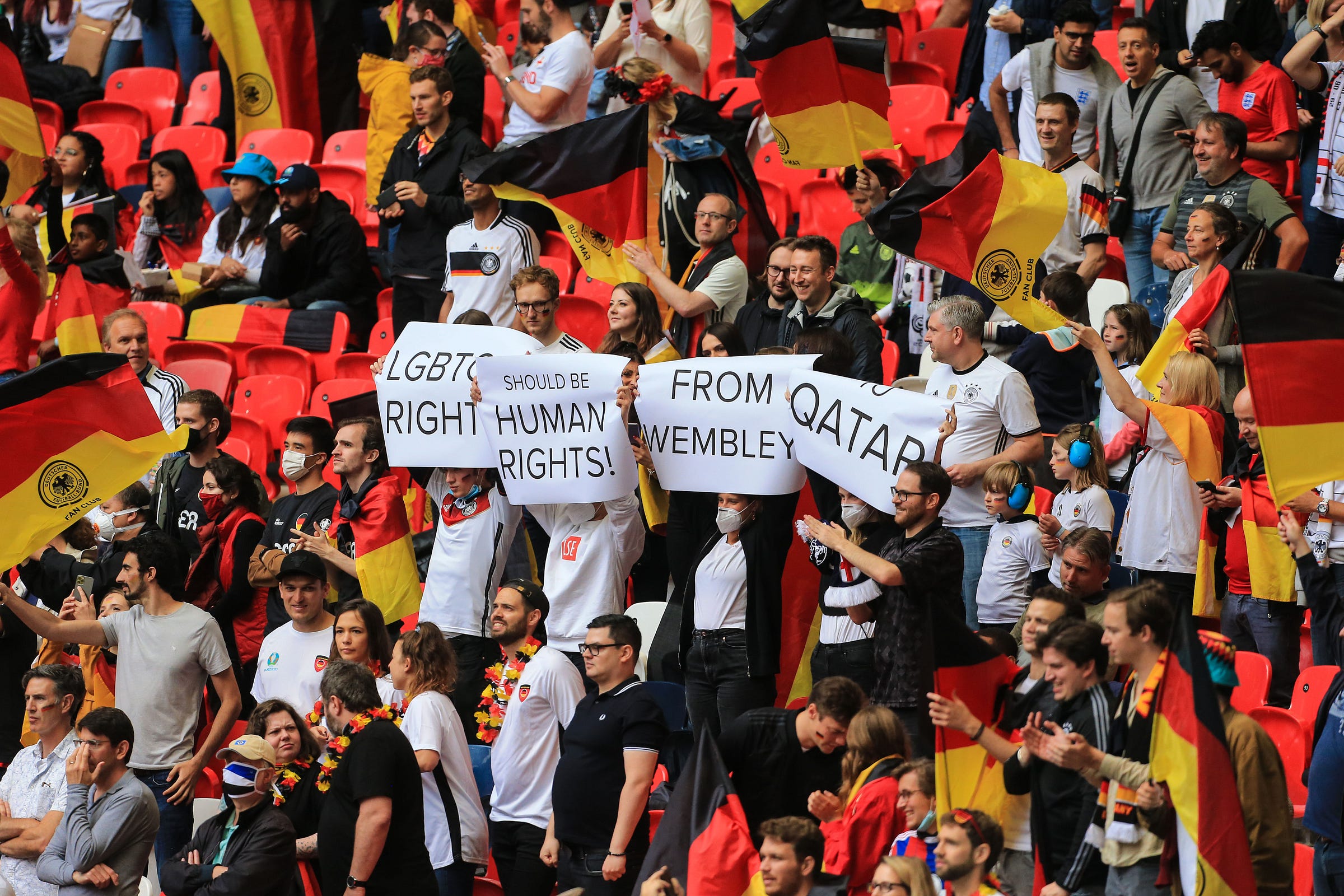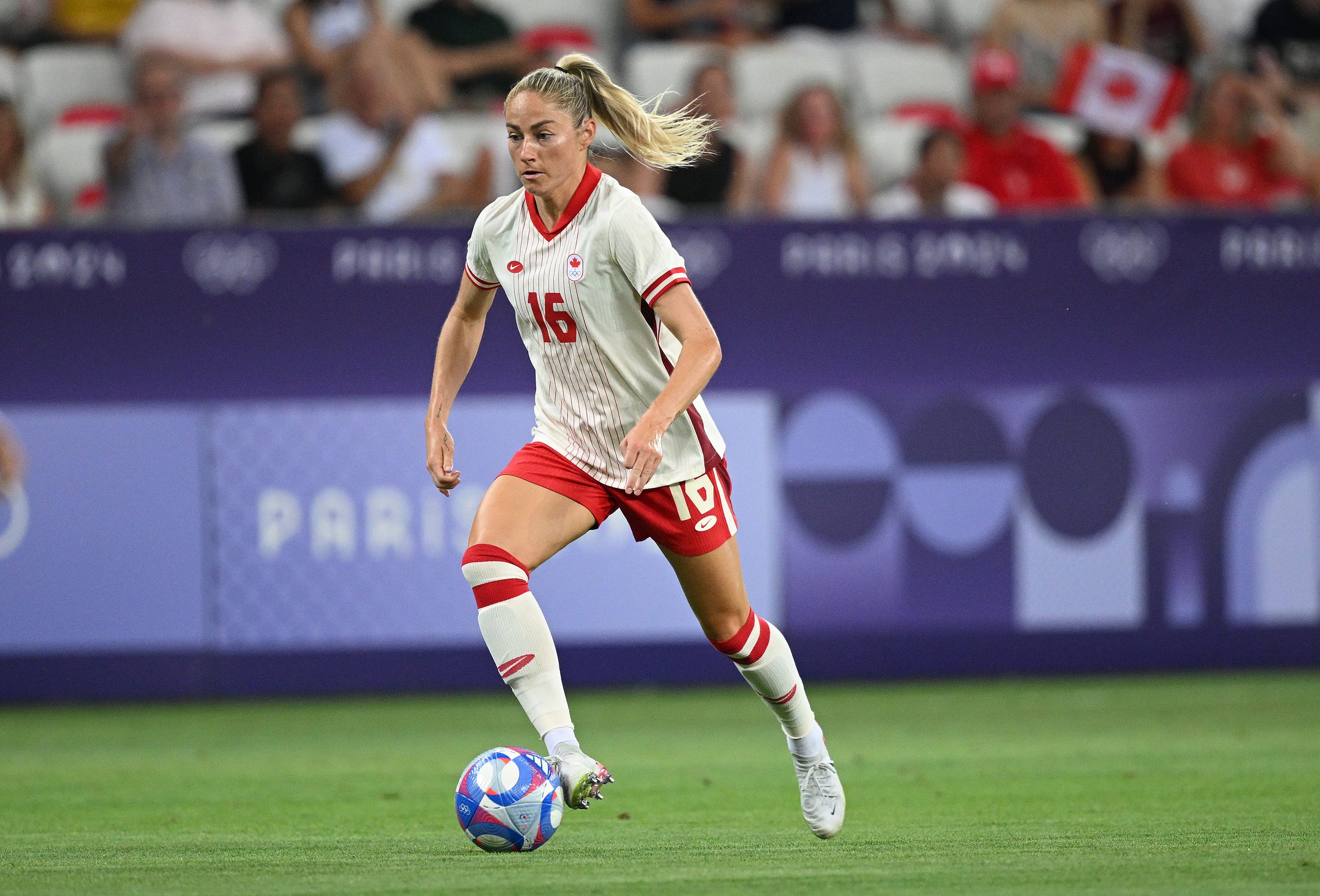The beautiful game as a catalyst for equality
Words: Micah A, Toronto
The FIFA World Cup has always been more than just a competition. Every four years, it becomes a global celebration bringing together people from every corner of the world in unity, joy, and a shared love for the beautiful game. But as we look ahead to the 2026 FIFA World Cup, co-hosted by the United States, Canada, and Mexico, there’s an opportunity to push the event beyond its traditional boundaries. This time, it should be more than a spectacle. It should be a force for human rights and equality.
Sports have long held the potential to amplify marginalized voices and bring awareness to social injustice. But more often than not, major sporting events fall short of that promise. The 2022 World Cup in Qatar, for example, sparked important conversations about migrant labour conditions, LGBTQ+ rights, and women’s freedoms but those conversations faded when the tournament ended. Momentum gets lost.
The chance for lasting change disappears with the sound of the final whistle.
That doesn’t have to be the case in 2026. With the tournament taking place across three countries traditionally known for democratic values and diverse populations, there’s a shot at rewriting the playbook. FIFA and the host nations must commit to putting human rights at the center not just in words, but in practice.
One of the most urgent areas the World Cup could influence is gender equality in sports. Female athletes around the world still face unequal pay, limited access to resources, and reduced media visibility. Even as the popularity of the Women’s World Cup grows, women in sports, whether players, coaches, or officials, still battle outdated stereotypes and institutional barriers. The 2026 World Cup has a chance to support change. That could mean funding local girls’ soccer programs, ensuring equal representation in promotional content, or publicly backing female-led initiatives. Moves like these set a powerful precedent and could help inspire the next generation of women in sports.
Another key focus should be on migrant workers. Too often, large-scale sports events are linked to stories of labour abuse and exploitation. The 2026 tournament must avoid that legacy. In countries like the U.S. and Canada, where immigrants are a vital part of the workforce, FIFA has the chance to lead with fairness. That means safe working conditions, fair pay, and labour protections for everyone involved. Beyond just policy, the tournament should also celebrate immigrants’ contributions to the game. Players like Alphonso Davies, who fled Liberia with his family before rising to global stardom for Canada, and Mexico’s Hirving Lozano are living proof of how football thrives on diversity.
The World Cup can also be a platform for LGBTQ+ equality. While players like Josh Cavallo have stepped forward with courage, homophobia in football remains a global issue. The 2026 tournament should ensure venues are safe for LGBTQ+ fans, public anti-hate campaigns, and partnerships with advocacy groups to promote equality and acceptance. When soccer says it’s for everyone, it needs to prove it.
At the end of the day, it’s easy to talk about change. FIFA has long spoken about inclusion and human rights. But words only go so far. What matters now is action. The 2026 World Cup can be a defining moment where the world doesn’t just come together to watch soccer, but to move forward together.
Soccer has always been called “the world’s game.” This time, let’s make sure it lives up to the name - not just for what happens on the pitch, but for the impact it has far beyond it.
Micah is a Toronto-based participant in Youth Media Forward: meet the Toronto participants here





